Home>Gardening & Outdoor>Outdoor Recreation & Activities>Why Is Chlorine Added To Swimming Pool Water
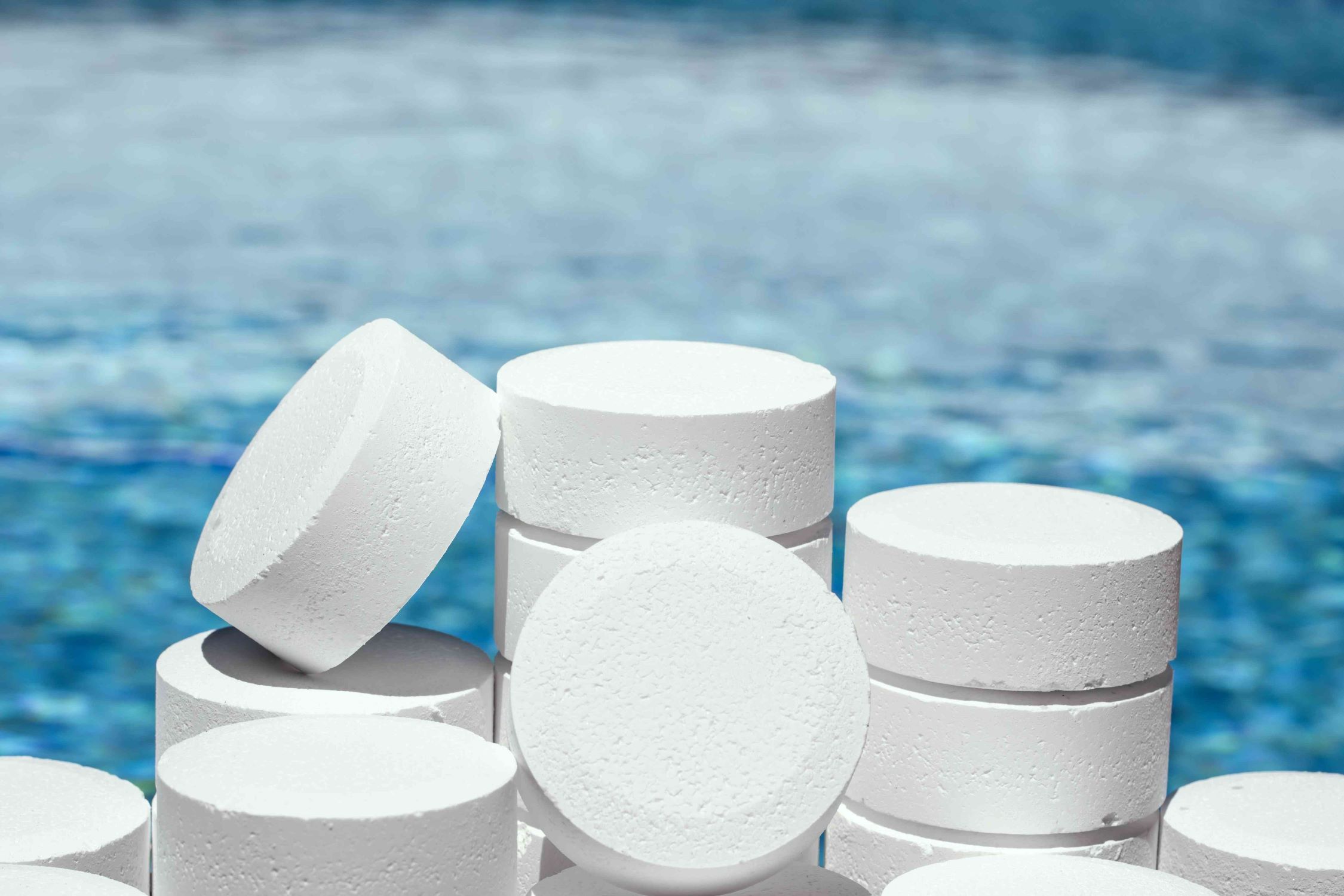

Outdoor Recreation & Activities
Why Is Chlorine Added To Swimming Pool Water
Published: February 17, 2024
Discover the importance of chlorine in maintaining clean and safe swimming pool water. Learn how this essential chemical ensures a healthy outdoor recreation environment.
(Many of the links in this article redirect to a specific reviewed product. Your purchase of these products through affiliate links helps to generate commission for Storables.com, at no extra cost. Learn more)
Introduction
Swimming pools are synonymous with fun, relaxation, and a refreshing escape from the summer heat. Whether it's a community pool, a backyard oasis, or a luxurious resort amenity, the allure of crystal-clear water beckons people of all ages. However, behind the scenes, there's a silent guardian working diligently to maintain the pool's cleanliness and safety – chlorine.
Chlorine is a ubiquitous element in the realm of swimming pools, serving as a stalwart defender against harmful bacteria, algae, and other contaminants that could compromise the water's purity. Its distinctive scent is often the first thing that greets swimmers as they approach the pool, signaling that the water is being actively safeguarded.
In this article, we'll delve into the world of chlorine and its crucial role in preserving the pristine condition of swimming pool water. From understanding the science behind chlorine to exploring its various forms and potential risks, we'll uncover the essential aspects of this widely used pool maintenance agent. So, let's embark on a journey to unravel the mysteries of chlorine and gain a deeper appreciation for its indispensable presence in the realm of aquatic recreation.
Key Takeaways:
- Chlorine is like a superhero for swimming pools, fighting off germs and keeping the water clean. It’s important to use the right amount to keep swimmers safe and happy.
- Different forms of chlorine, like liquid and granular, have special jobs in pools. But too much chlorine can cause skin and eye irritation, so it’s important to use it carefully.
Read more: What Ppm Chlorine In Swimming Pool Water
What is Chlorine?
Chlorine is a chemical element renowned for its remarkable disinfectant properties, making it a pivotal component in maintaining the cleanliness and safety of swimming pool water. It is a member of the halogen family, characterized by its greenish-yellow hue and potent, distinct odor. In its natural state, chlorine is a gas, but it is often utilized in the form of various compounds, such as sodium hypochlorite and calcium hypochlorite, to effectively sanitize pool water.
The disinfectant prowess of chlorine lies in its ability to eradicate harmful microorganisms, including bacteria, viruses, and algae, which can thrive in untreated water and pose significant health risks to swimmers. By disrupting the cellular structures of these microorganisms, chlorine effectively neutralizes their ability to proliferate, thereby upholding the hygienic integrity of the pool water.
In addition to its disinfectant properties, chlorine also serves as an oxidizing agent, facilitating the breakdown of organic contaminants introduced into the pool by swimmers, such as sweat, urine, and body oils. This dual functionality of chlorine as both a disinfectant and an oxidizer underscores its indispensable role in preserving the clarity and purity of swimming pool water.
It's important to note that while chlorine is a potent sanitizer, it should be handled and administered with care to ensure its efficacy and prevent adverse effects. Proper dosing and monitoring of chlorine levels are essential to strike a balance between effective disinfection and the comfort of swimmers.
In essence, chlorine stands as a stalwart guardian, diligently combating the invisible threats that lurk within pool water, thereby enabling swimmers to indulge in a safe and enjoyable aquatic experience. Its multifaceted nature and unwavering commitment to upholding water quality underscore its significance as a cornerstone of pool maintenance.
By comprehending the fundamental properties and functions of chlorine, we can gain a deeper appreciation for its pivotal role in safeguarding the well-being of swimmers and preserving the allure of pristine, inviting pool water.
The Purpose of Chlorine in Swimming Pool Water
Chlorine serves a paramount purpose in the realm of swimming pool water, acting as a stalwart defender against a myriad of contaminants that pose potential health risks to swimmers. Its primary objective revolves around ensuring the cleanliness, safety, and clarity of the pool water, thereby fostering an environment conducive to leisure and recreation.
One of the central roles of chlorine is its function as a potent disinfectant. By harnessing its powerful sanitizing properties, chlorine effectively combats the proliferation of harmful microorganisms, including bacteria, viruses, and algae, which can thrive in untreated water. This pivotal function is instrumental in safeguarding swimmers against waterborne illnesses and infections, thereby upholding the hygienic integrity of the pool environment.
Furthermore, chlorine serves as an oxidizing agent, facilitating the breakdown of organic contaminants introduced into the pool by swimmers. Substances such as sweat, urine, and body oils can compromise water quality and clarity, but chlorine's oxidizing prowess enables the degradation of these impurities, thereby preserving the pristine appearance of the pool water.
In essence, the purpose of chlorine in swimming pool water can be encapsulated in its dual role as a disinfectant and an oxidizer. By diligently fulfilling these functions, chlorine ensures that the water remains free from harmful microorganisms and organic impurities, thereby creating a safe, inviting, and enjoyable aquatic environment for swimmers of all ages.
The significance of chlorine's purpose extends beyond mere maintenance; it embodies a commitment to upholding the well-being and comfort of swimmers, allowing them to immerse themselves in the refreshing embrace of clean, clear pool water without apprehension. As such, the purpose of chlorine transcends mere chemical treatment; it embodies a dedication to fostering a pristine aquatic haven where leisure and relaxation harmoniously converge.
By comprehending the profound purpose that chlorine serves in swimming pool water, we gain a deeper appreciation for its indispensable role in preserving the allure and safety of aquatic recreation. It stands as a silent sentinel, unwavering in its commitment to upholding water quality and ensuring that every dip into the pool is a refreshing, rejuvenating experience.
How Does Chlorine Work in Pool Water?
Chlorine operates as a vigilant guardian in pool water, leveraging its potent disinfectant and oxidizing properties to maintain a pristine and safe aquatic environment. When chlorine is introduced into pool water, it embarks on a multifaceted mission to neutralize harmful microorganisms and organic impurities, thereby upholding water quality and ensuring the well-being of swimmers.
The disinfection process begins as chlorine undergoes a chemical reaction upon contact with water, leading to the formation of hypochlorous acid and hypochlorite ions. These compounds serve as the primary agents responsible for eradicating bacteria, viruses, and algae that may lurk within the pool water. Hypochlorous acid, in particular, is highly effective in penetrating the cellular structures of microorganisms, disrupting their metabolic processes, and ultimately rendering them harmless. This mechanism of action enables chlorine to thwart the proliferation of harmful pathogens, thereby safeguarding swimmers against waterborne illnesses.
In addition to its disinfectant prowess, chlorine functions as an oxidizer, targeting organic contaminants introduced into the pool by swimmers. When sweat, urine, and body oils intermingle with pool water, they can compromise its clarity and hygiene. Chlorine's oxidizing properties enable it to break down these organic impurities, thereby preventing the accumulation of unsightly residues and maintaining the pristine appearance of the water.
Moreover, chlorine operates as a residual sanitizer, meaning that it remains active in the water to provide ongoing protection against contaminants introduced by swimmers and the environment. This residual effect ensures that the pool water remains consistently sanitized, thereby fostering a safe and inviting environment for leisure and recreation.
By comprehending the intricate workings of chlorine in pool water, we gain a profound understanding of its pivotal role in preserving water quality and safety. Its ability to effectively disinfect, oxidize, and maintain residual sanitization underscores its significance as a cornerstone of pool maintenance, ensuring that every plunge into the refreshing waters of a swimming pool is an experience characterized by cleanliness, clarity, and peace of mind.
Different Forms of Chlorine Used in Swimming Pools
Chlorine is available in various forms, each offering unique characteristics and applications in the realm of swimming pool maintenance. Understanding the different forms of chlorine is essential for pool owners and maintenance personnel to make informed decisions regarding water treatment. Here are the primary forms of chlorine used in swimming pools:
Read more: What Is Free Chlorine In A Swimming Pool
1. Chlorine Gas:
Chlorine gas, often recognized by its greenish-yellow color and pungent odor, was historically one of the most commonly used forms of chlorine for pool sanitation. However, due to safety concerns associated with its handling and storage, its usage has diminished in favor of safer alternatives. Chlorine gas requires specialized equipment for handling and should only be administered by trained professionals.
2. Sodium Hypochlorite:
Sodium hypochlorite, commonly known as liquid chlorine, is a popular choice for pool sanitation. It is commercially available in various concentrations and is relatively easy to handle and administer. Liquid chlorine is typically added to the pool water using chemical feeders or manually poured into the pool. Its convenience and effectiveness make it a preferred option for many pool owners and maintenance professionals.
3. Calcium Hypochlorite:
Calcium hypochlorite, often in the form of granular or tablet chlorine, is another widely used chlorine compound for pool water treatment. It contains a higher percentage of available chlorine compared to liquid chlorine, making it an efficient sanitizer. Granular calcium hypochlorite can be pre-dissolved and added to the pool, while tablet forms can be used in floating feeders or automatic chlorinators. Its longer shelf life and ease of storage make it a practical choice for pool maintenance.
4. Lithium Hypochlorite:
Lithium hypochlorite is a fast-dissolving chlorine compound that is suitable for both regular pool maintenance and shock treatments. It is particularly effective in pools with higher water temperatures, as it dissolves rapidly without leaving behind residue. While it may be more expensive than other forms of chlorine, its rapid action and minimal impact on pH levels make it a valuable option for maintaining water clarity and sanitation.
5. Dichlor and Trichlor:
Dichlor and trichlor are stabilized forms of chlorine that are commonly used in granular and tablet forms, respectively. These compounds contain cyanuric acid, which helps protect chlorine from degradation due to sunlight exposure. They are often utilized for regular chlorination and as part of a comprehensive pool water maintenance regimen.
Understanding the characteristics and applications of these different forms of chlorine empowers pool owners and maintenance professionals to make informed choices based on their specific needs and operational requirements. By selecting the most suitable form of chlorine for pool water treatment, they can ensure effective sanitation, water clarity, and the overall well-being of swimmers.
The Importance of Maintaining Proper Chlorine Levels
Maintaining proper chlorine levels in swimming pool water is paramount to ensuring the safety, cleanliness, and overall integrity of the aquatic environment. Adequate chlorine levels serve as a robust defense against harmful microorganisms and organic contaminants, thereby safeguarding swimmers against potential health risks and preserving the inviting allure of the pool water.
Proper chlorine levels are essential for effective disinfection, as they enable chlorine to fulfill its role as a potent sanitizer. By maintaining the recommended chlorine concentration, typically measured in parts per million (ppm), pool water can effectively combat the proliferation of bacteria, viruses, and algae. This proactive approach to disinfection not only protects swimmers from waterborne illnesses but also contributes to the overall hygienic quality of the pool environment.
Moreover, maintaining optimal chlorine levels facilitates the oxidation of organic contaminants introduced into the water by swimmers. Sweat, urine, and body oils can compromise water clarity and create an environment conducive to the growth of algae and other unsightly residues. Adequate chlorine levels ensure that these organic impurities are effectively neutralized, thereby preserving the pristine appearance of the pool water and enhancing the overall swimming experience.
Consistent monitoring and maintenance of proper chlorine levels also contribute to the prevention of chlorine-resistant microorganisms. By adhering to recommended chlorine concentrations, pool owners and maintenance personnel can mitigate the risk of microbial resistance, ensuring that the disinfectant efficacy of chlorine remains uncompromised.
Furthermore, maintaining proper chlorine levels is instrumental in upholding the residual sanitization of pool water. This residual effect ensures that the water remains consistently sanitized, providing ongoing protection against contaminants introduced by swimmers and environmental factors. By sustaining this residual sanitization, pool owners can foster a safe and inviting aquatic environment for leisure and recreation.
In essence, the importance of maintaining proper chlorine levels in swimming pool water cannot be overstated. It is a proactive measure that not only safeguards the well-being of swimmers but also contributes to the overall cleanliness, clarity, and appeal of the pool environment. By prioritizing the maintenance of optimal chlorine levels, pool owners and maintenance professionals uphold a commitment to providing a safe, hygienic, and enjoyable aquatic experience for all.
Potential Risks and Side Effects of Chlorine in Swimming Pools
While chlorine plays a pivotal role in maintaining the cleanliness and safety of swimming pool water, it is essential to acknowledge the potential risks and side effects associated with its use. Understanding these factors is crucial for ensuring the well-being of swimmers and mitigating any adverse effects that may arise from chlorine exposure.
One of the primary concerns related to chlorine in swimming pools is its potential to cause skin and eye irritation. Prolonged exposure to inadequately balanced chlorine levels can lead to skin dryness, itchiness, and irritation, particularly for individuals with sensitive skin. Additionally, swimmers may experience red, irritated eyes, commonly referred to as "swimmer's eye," which can be attributed to the presence of chloramines, byproducts of chlorine reacting with organic substances in the water. These irritations can detract from the overall swimming experience and may deter individuals from fully enjoying the pool.
Furthermore, inhalation of chlorine fumes, especially in poorly ventilated indoor pool facilities, can lead to respiratory discomfort and exacerbate pre-existing respiratory conditions. The distinct odor of chlorine, often associated with the "chlorine smell" near swimming pools, is indicative of chloramines and other volatile compounds that can pose respiratory risks when present in high concentrations. Proper ventilation and monitoring of indoor pool environments are essential for minimizing the inhalation of chlorine fumes and safeguarding the respiratory health of swimmers and pool staff.
In addition to the immediate effects of chlorine exposure, there are long-term considerations regarding its potential impact on skin health. Chronic exposure to chlorine-treated water may contribute to the depletion of natural oils in the skin, leading to dryness and exacerbating certain skin conditions. It is particularly important for frequent swimmers, such as competitive athletes and regular pool users, to be mindful of the cumulative effects of chlorine exposure on their skin health.
Moreover, the formation of disinfection byproducts (DBPs), such as trihalomethanes and chloramines, through the interaction of chlorine with organic matter in pool water raises concerns about potential health risks. Prolonged exposure to high levels of DBPs has been associated with respiratory issues, skin irritation, and potential long-term health implications. Therefore, diligent monitoring and maintenance of chlorine levels, combined with proper filtration and water circulation, are essential for minimizing the formation of DBPs and mitigating associated health risks.
In light of these potential risks and side effects, it is imperative for pool owners and maintenance personnel to prioritize the careful management of chlorine levels and water quality. Regular testing of chlorine levels, proper water circulation, adequate ventilation, and adherence to recommended maintenance practices are essential for mitigating the potential adverse effects of chlorine in swimming pools. By maintaining a proactive approach to water treatment and safety, the benefits of chlorine in preserving water quality can be maximized while minimizing the associated risks and ensuring a safe and enjoyable swimming experience for all.
Chlorine is added to swimming pool water to kill bacteria and other harmful microorganisms, keeping the water safe and clean for swimmers. It helps prevent the spread of waterborne illnesses.
Conclusion
In conclusion, the presence of chlorine in swimming pool water is not merely a chemical treatment; it embodies a commitment to safeguarding the well-being and enjoyment of swimmers. Chlorine's multifaceted role as a disinfectant, oxidizer, and residual sanitizer underscores its indispensable significance in preserving the cleanliness, safety, and allure of pool water.
Throughout this exploration, we have delved into the fundamental properties of chlorine, its purpose in pool water, the intricate mechanisms through which it operates, the diverse forms in which it is utilized, and the importance of maintaining proper chlorine levels. We have also addressed the potential risks and side effects associated with chlorine, emphasizing the need for vigilant management to mitigate any adverse effects.
It is evident that chlorine stands as a stalwart guardian, diligently combating the invisible threats that lurk within pool water, thereby enabling swimmers to indulge in a safe and enjoyable aquatic experience. Its unwavering commitment to upholding water quality and ensuring the comfort of swimmers is a testament to its indispensable role in the realm of aquatic recreation.
As we bid adieu to this exploration of chlorine in swimming pools, it is essential to underscore the significance of responsible chlorine management. By prioritizing the maintenance of proper chlorine levels, adherence to recommended practices, and proactive measures to mitigate potential risks, pool owners and maintenance professionals can ensure that the benefits of chlorine in preserving water quality are maximized while minimizing any associated concerns.
Ultimately, the presence of chlorine in swimming pool water symbolizes a dedication to creating a pristine aquatic haven where leisure, relaxation, and safety harmoniously converge. By embracing a holistic approach to water treatment and safety, the allure of crystal-clear pool water can be sustained, inviting swimmers of all ages to immerse themselves in a refreshing, rejuvenating experience without apprehension.
In essence, chlorine serves as a silent sentinel, unwavering in its commitment to upholding water quality and ensuring that every dip into the pool is characterized by cleanliness, clarity, and peace of mind. Its presence is not merely a chemical addition; it is a testament to the unwavering dedication to fostering a safe, inviting, and enjoyable aquatic environment for all.
Frequently Asked Questions about Why Is Chlorine Added To Swimming Pool Water
Was this page helpful?
At Storables.com, we guarantee accurate and reliable information. Our content, validated by Expert Board Contributors, is crafted following stringent Editorial Policies. We're committed to providing you with well-researched, expert-backed insights for all your informational needs.
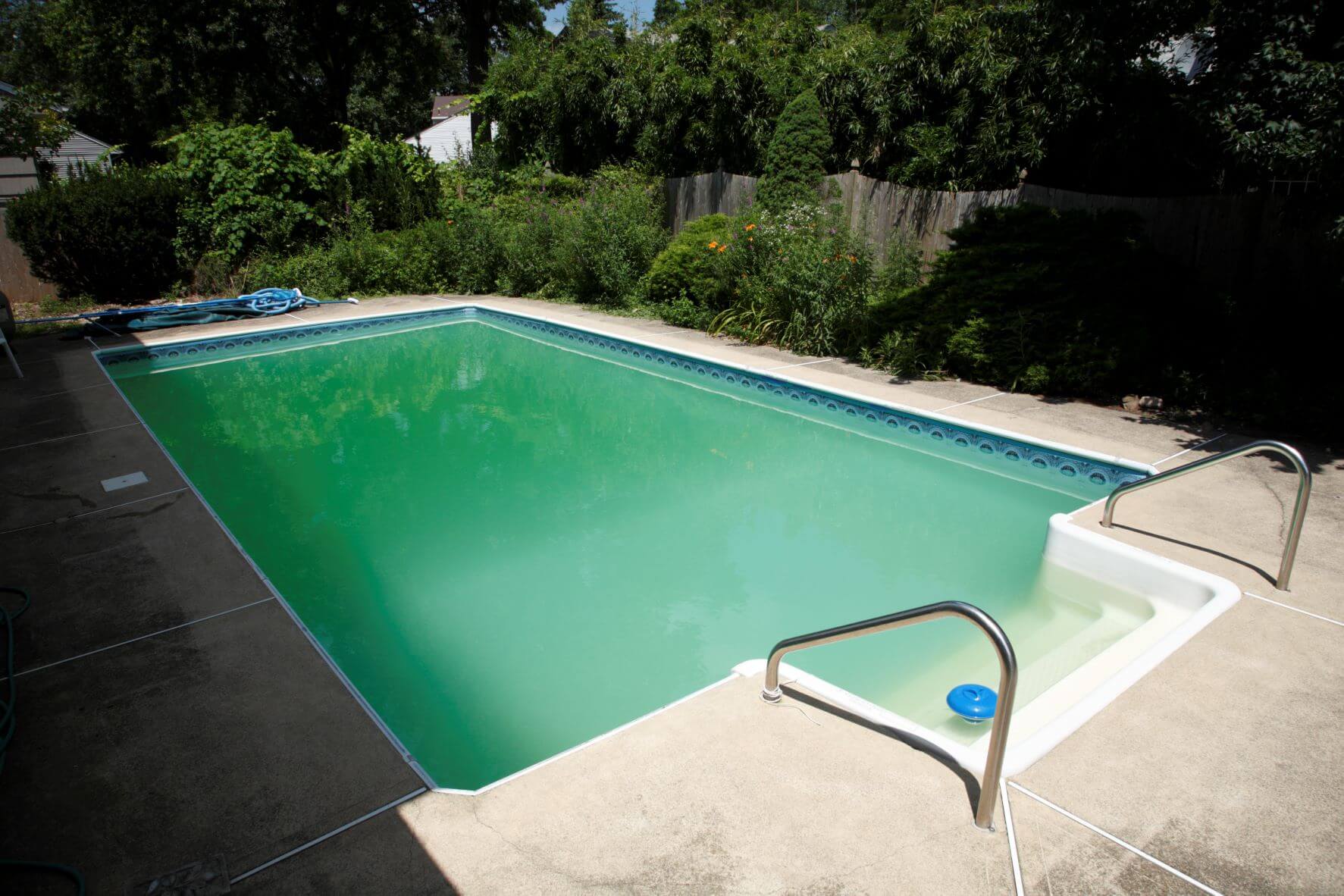
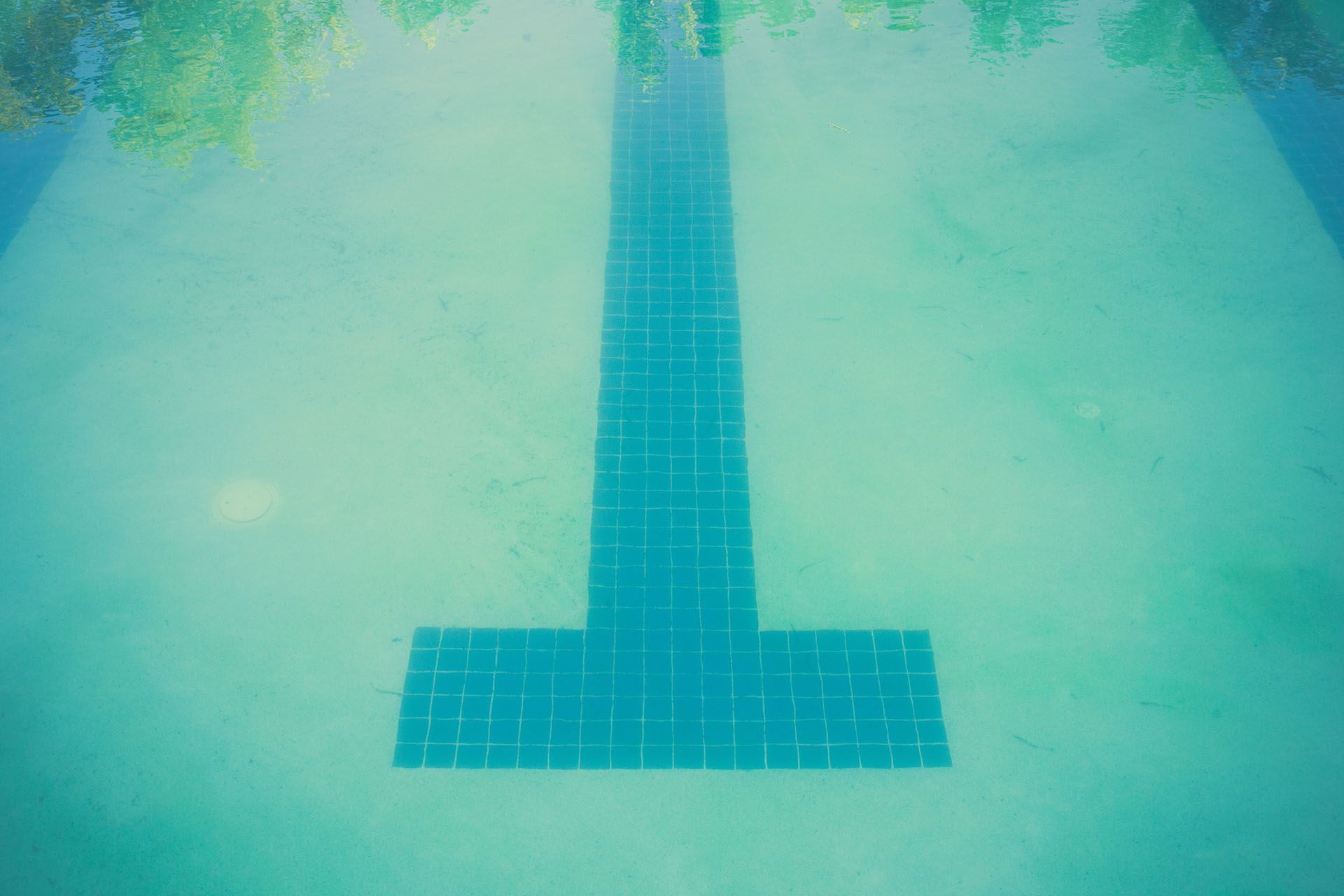

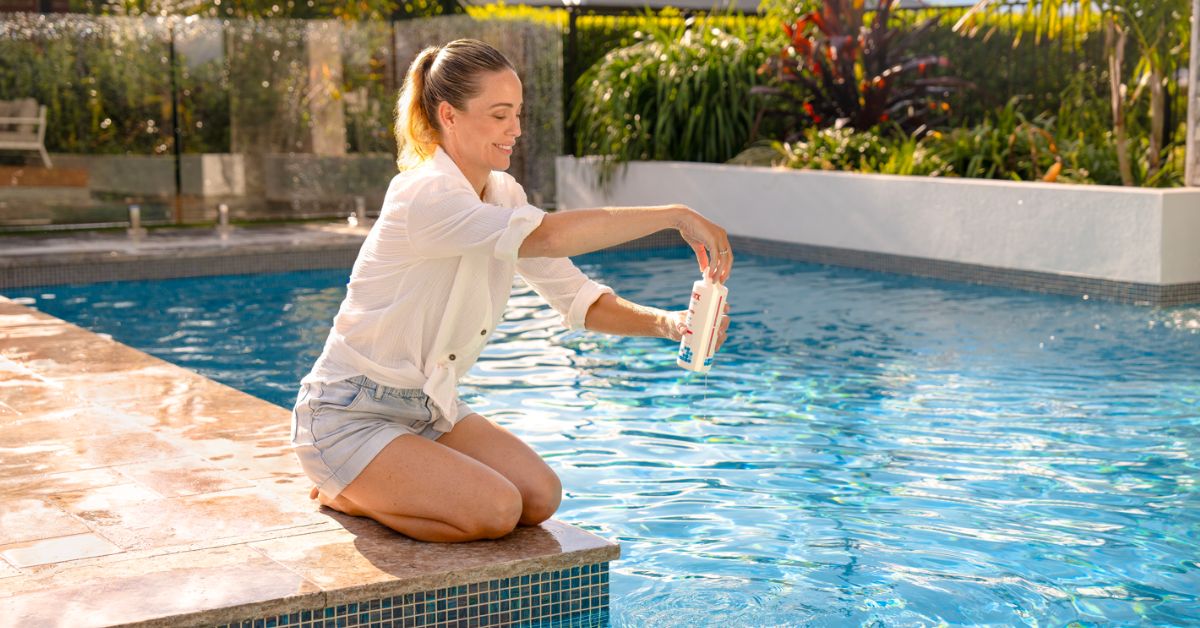
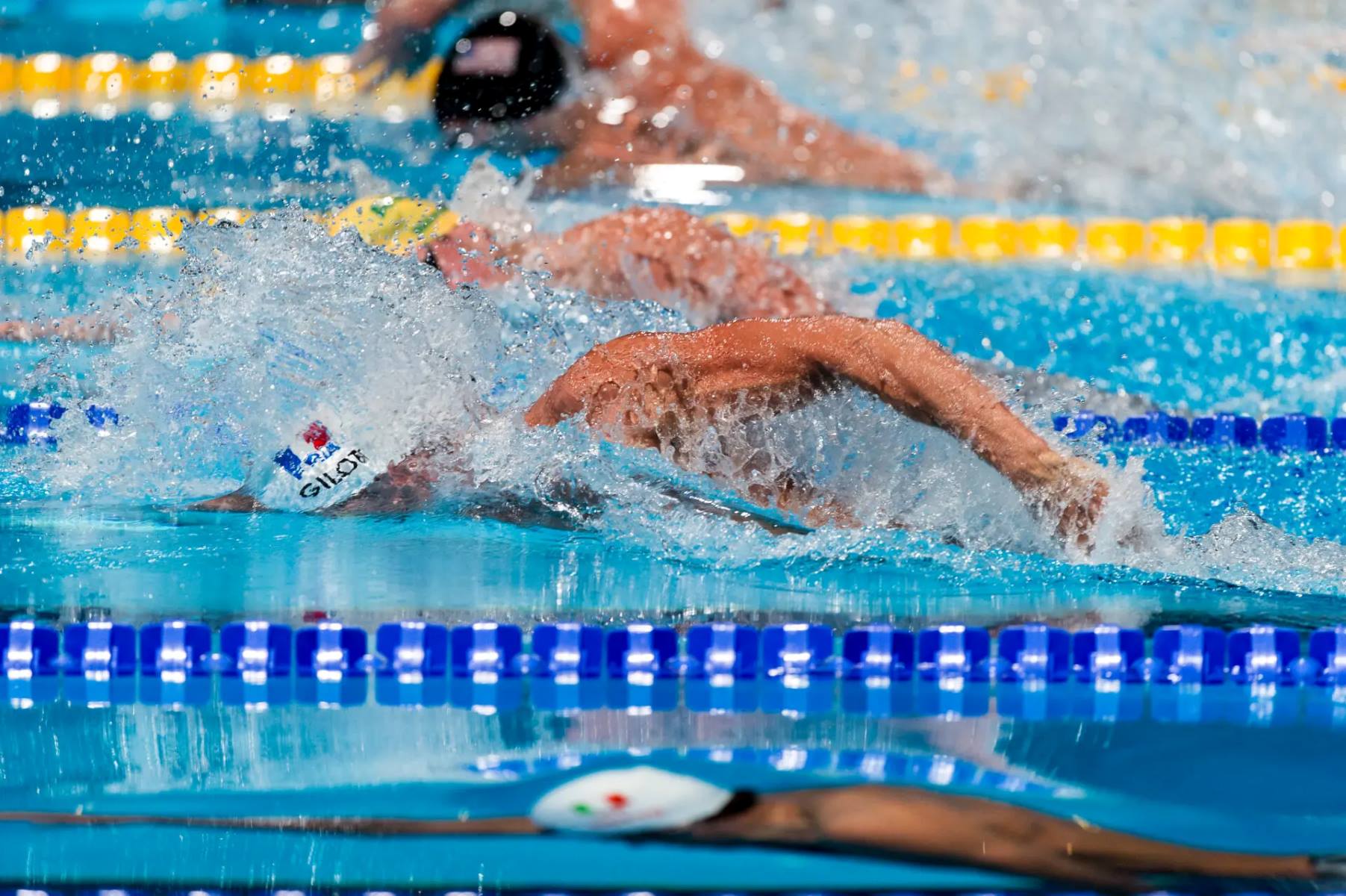
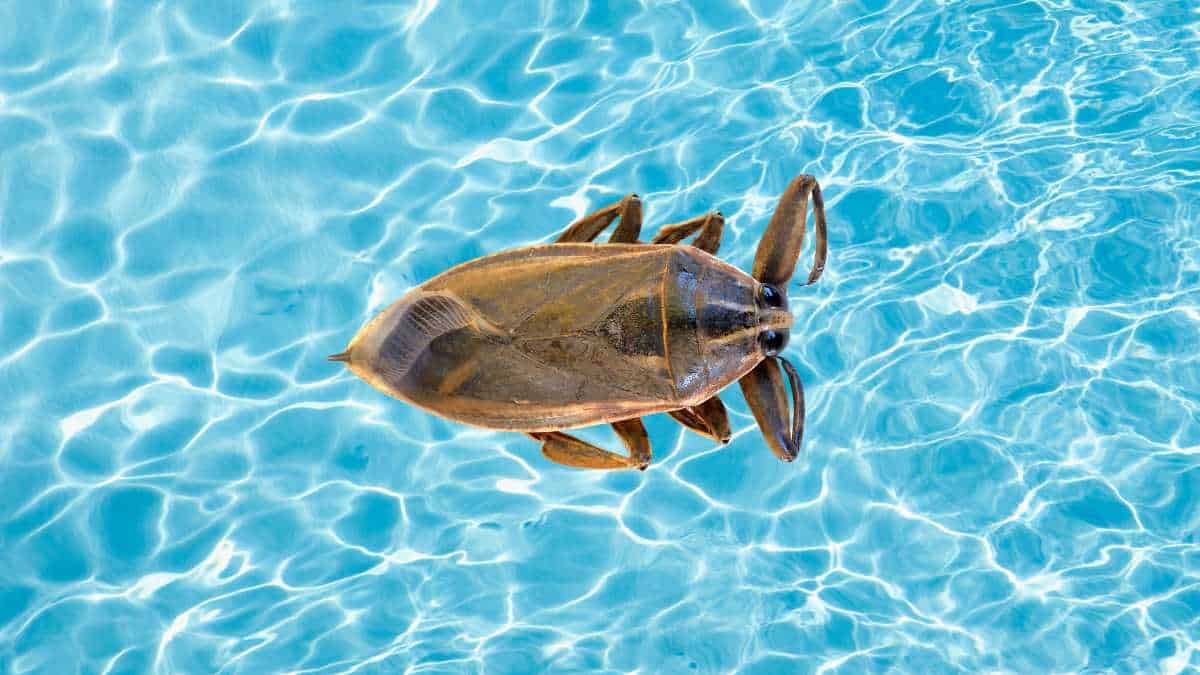
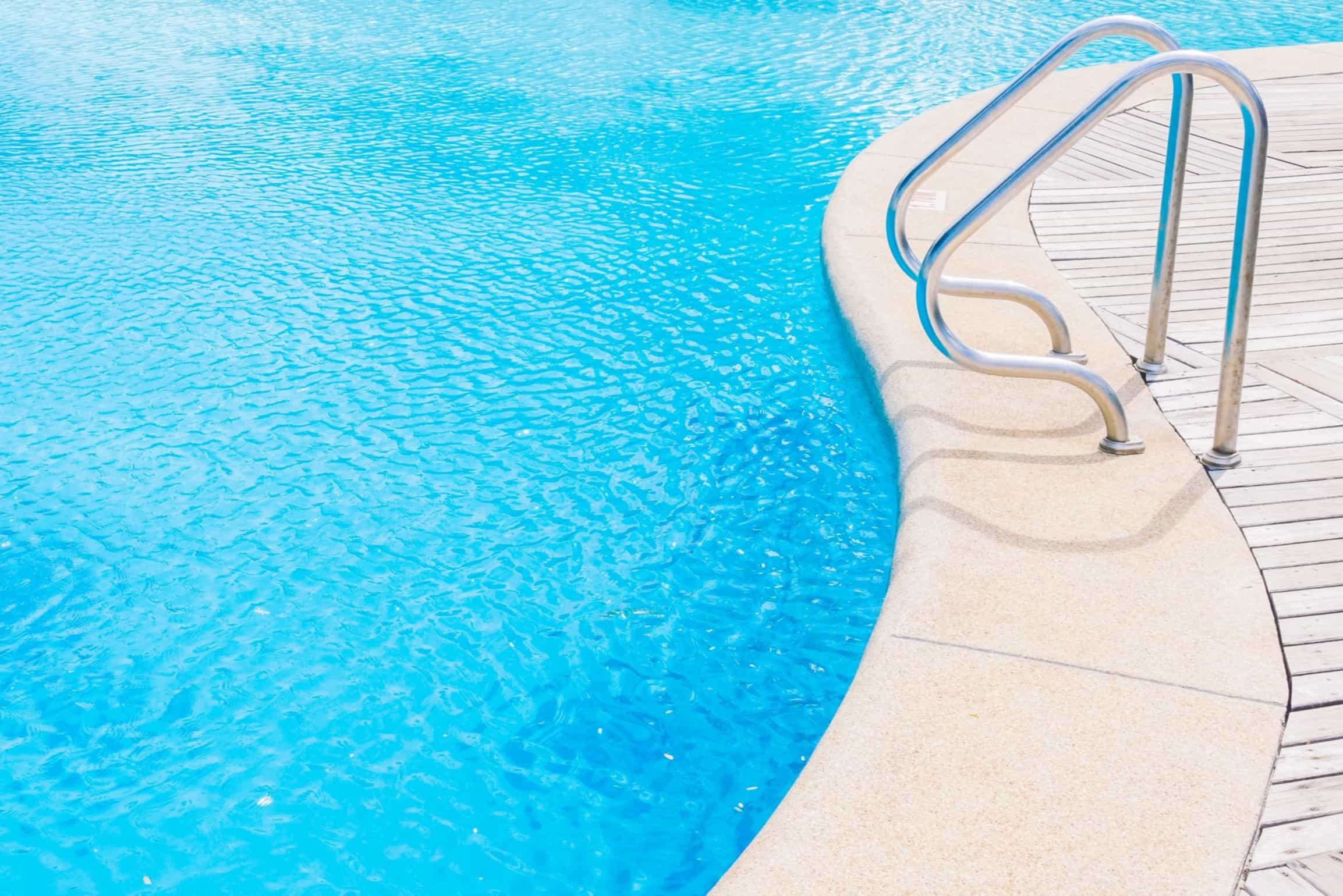

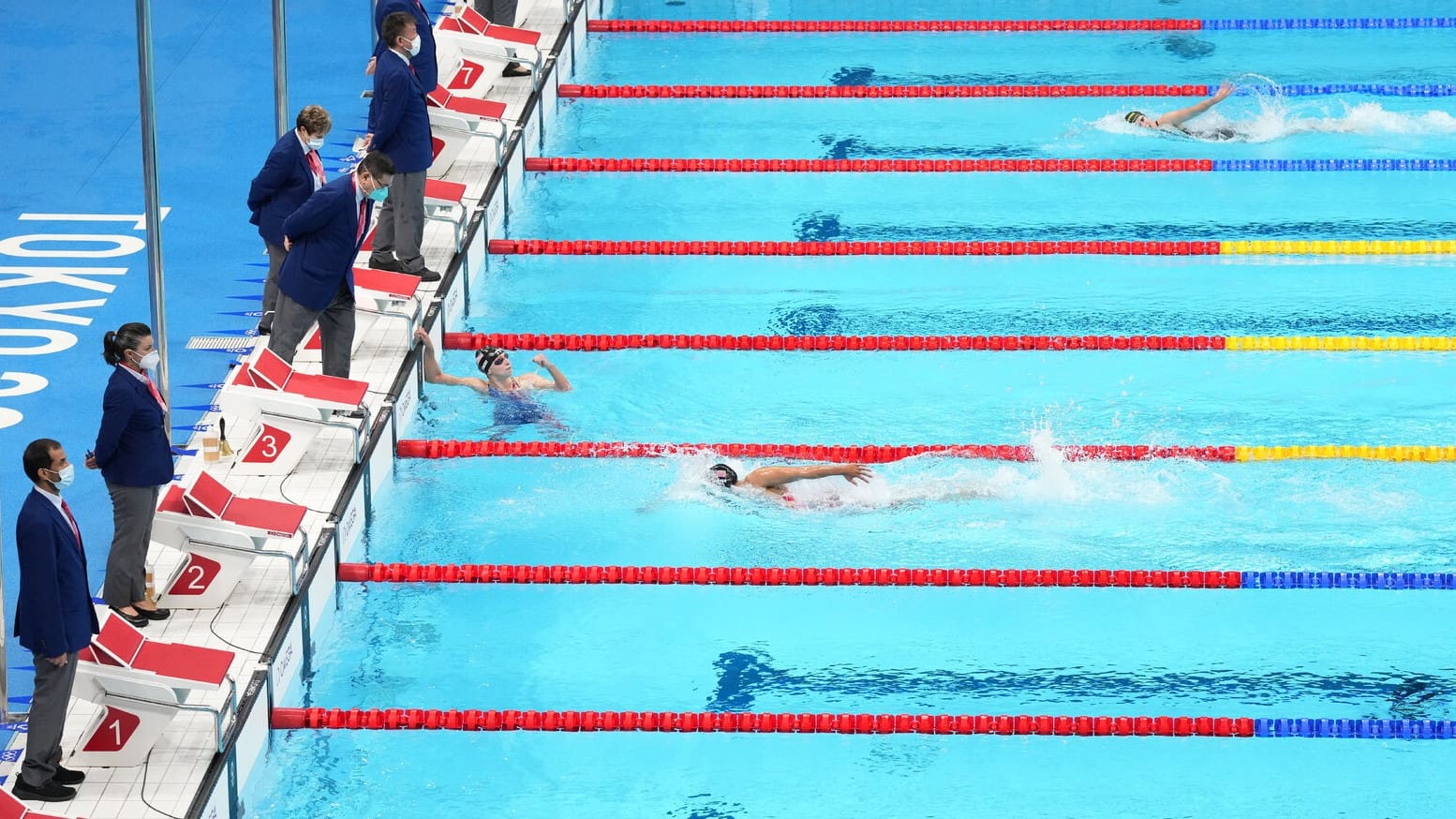
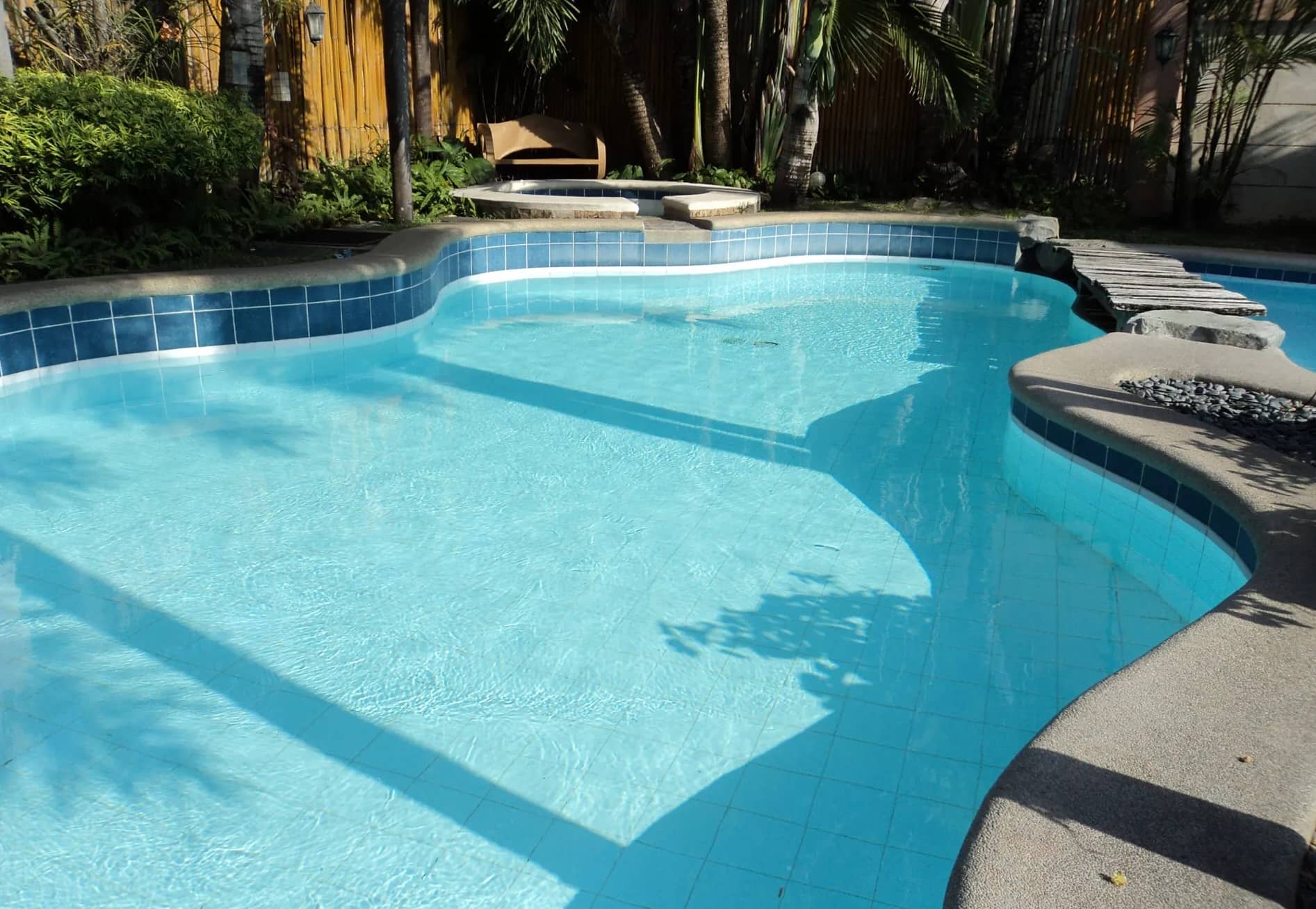




0 thoughts on “Why Is Chlorine Added To Swimming Pool Water”